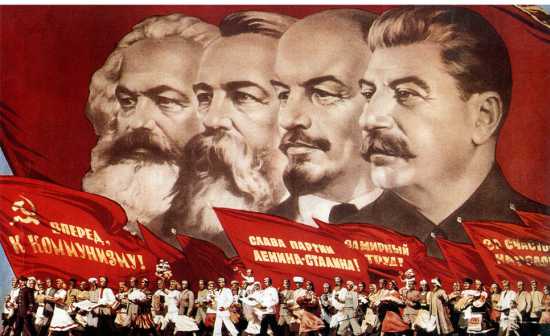1931 saw the publication of one of the most destructive lies in the annals of history.
The statements of Walter Duranty, which were published in the New York Times, would later be shown to have contributed, at least in some little way, to the occurrence of one of the most devastating disasters of the 20th century.
Because of his unrestricted access to Joseph Stalin, who was serving as the leader of the Soviet Union at the time, Duranty was able to propel his career in a positive direction. In point of fact, his writing was so well received that in 1932 he was awarded the Pulitzer Prize for foreign reporting. This prize is widely considered to be the most prestigious journalistic prize in the world.
The fact that Stalin intended to eradicate privately held farms in Ukraine in an effort to herd the populace into Soviet-controlled communes was one of the most significant issues that the international community was concerned about at the time.
Duranty made the decision to shamelessly cover up the atrocities that were taking place in Ukraine because he did not want to anger the Soviet leader or put his career in jeopardy as a result of this decision.
Therefore, on November 15th, he had the following remarks published on the front page of the Times.
There is neither a famine nor true starvation, nor is either of these things likely to occur in the foreseeable future.
In those days, before the widespread use of the internet or the advent of photojournalism, the most influential people in the world based a significant portion of their beliefs and policies on the words of reputable journalists. And because Duranty convinced the world that there was no reason for alarm in Ukraine, western leaders saw no reason to pressure the Soviets for famine aid as a result of Duranty’s assurances.
In a nutshell, Duranty’s refusal to acknowledge the existence of the famine in Ukraine was a contributing factor in the deaths of up to 10 million people.
This is a prime example from historical times of someone looking out only for oneself, without giving the slightest consideration to those in their immediate environment.
There were a number of people who were complicit in this failure, but the leading part was unquestionably played by the Western journalists who were based in Moscow and who misreported, underreported, and failed to report on what was obviously happening right in front of their eyes. In his account of the events, Walter Duranty, the correspondent for the New York Times based in Moscow, blatantly lied and purposefully misled his readers. He was presented with the Pulitzer Prize for reporting in the year 1932.
Sadly, this is probably also what your government is doing to you all of the time.
Rephrased From Abundantia by InfoArmed

